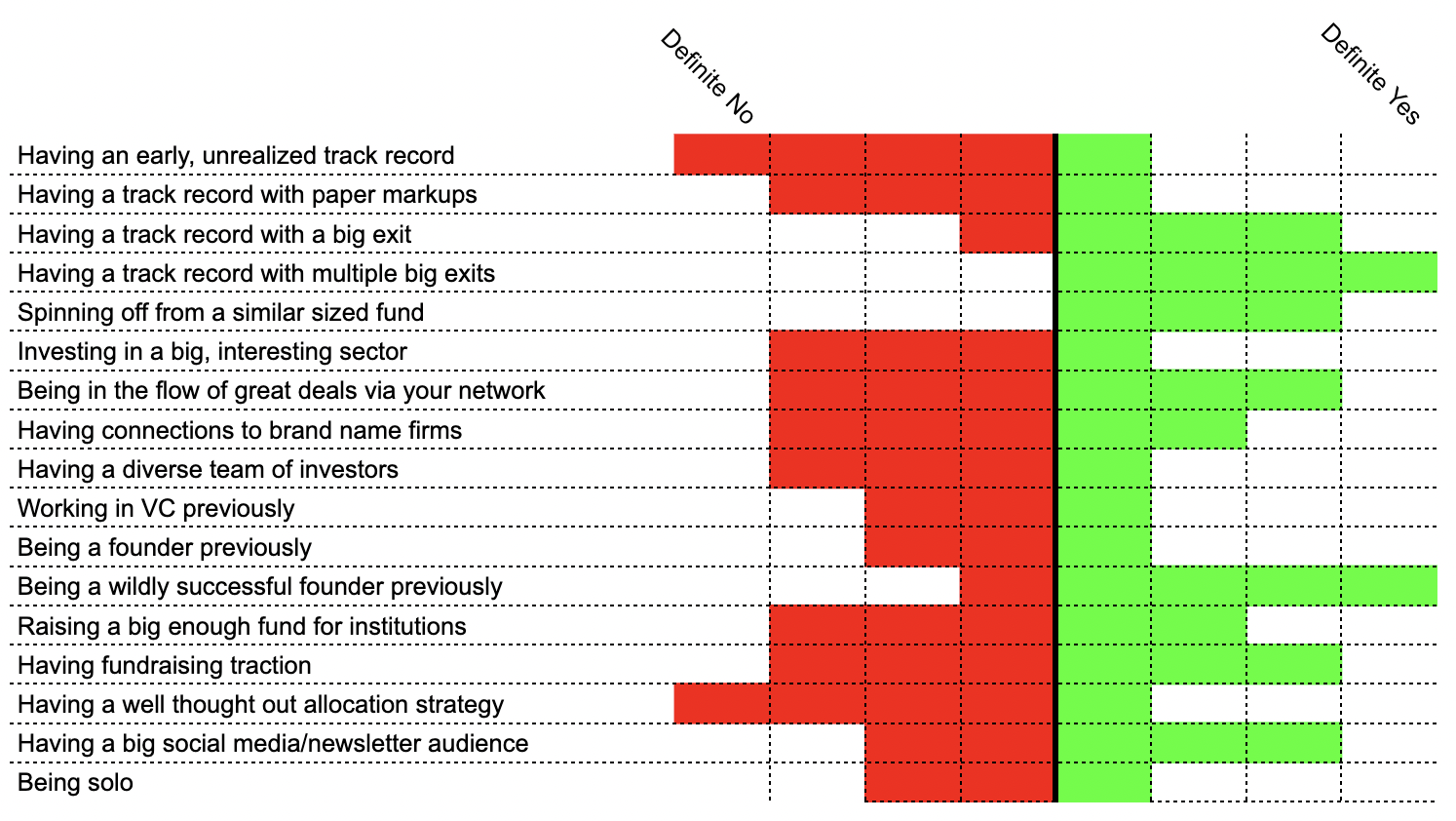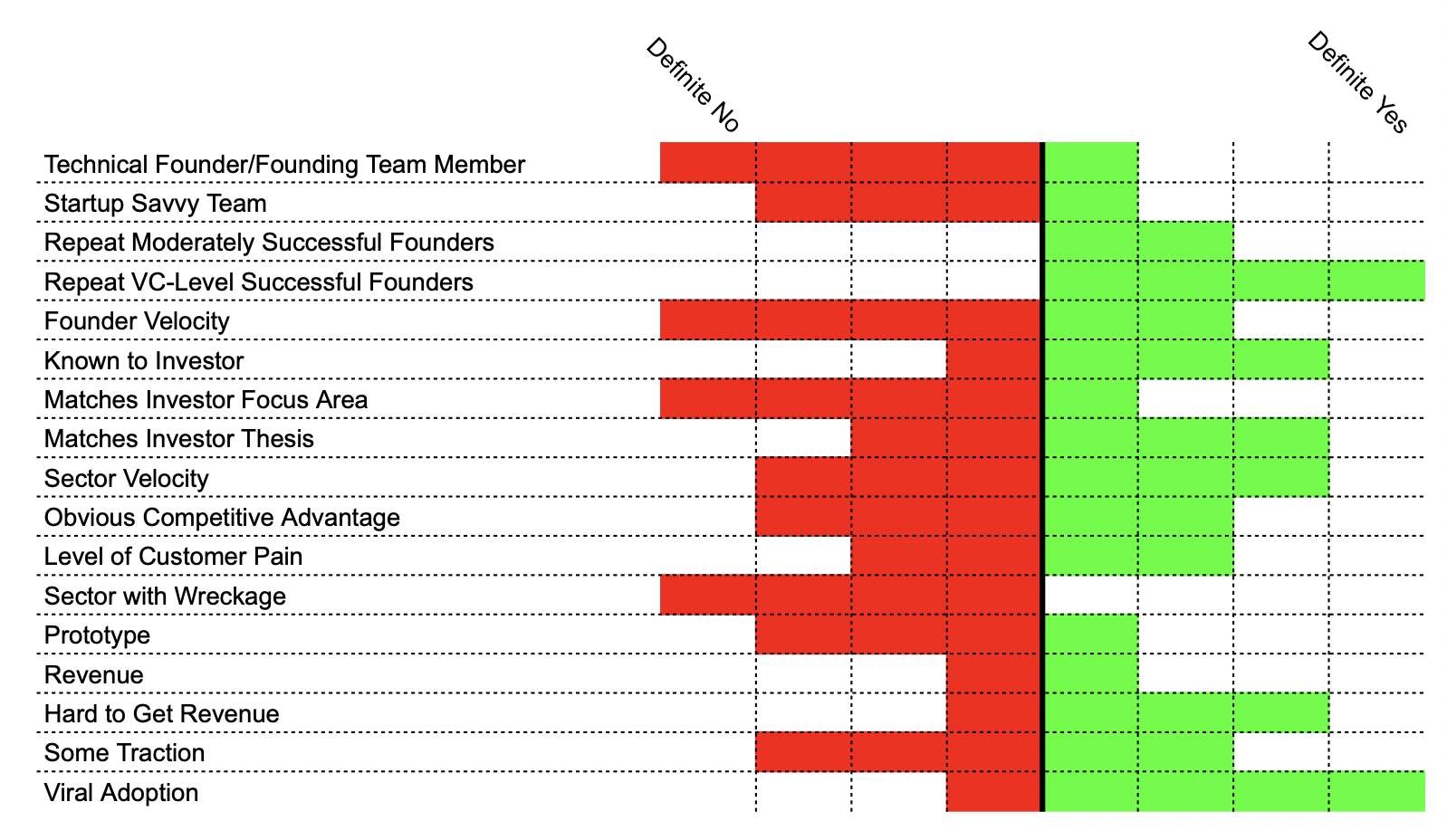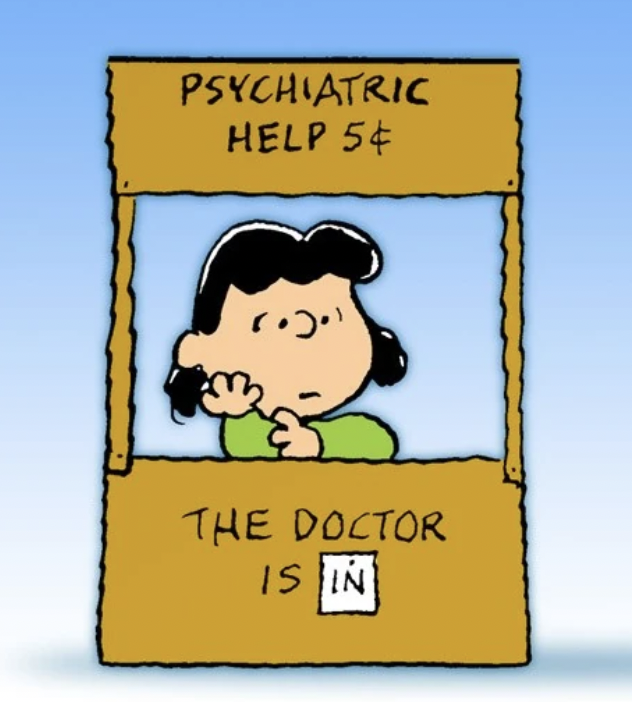If you’re in venture capital and you’re trying to make partner somewhere, should you get some operational experience somewhere and then come back? It’s a question my VC coaching clients ask all the time.
Yes! 100%.
You should be like Sarah Tavel. You should source Pinterest while at Bessemer, then “[join] as a "utility player" before we had product managers, and [become] the first PM at Pinterest.”
That will lead you to ultimately become a Partner at Benchmark, one of the top venture capital firms in the entire world.
Easy peasy.
Of course, you just have to find the next Pinterest, which IPO’d for $10 billion, but that’s just a small detail.








